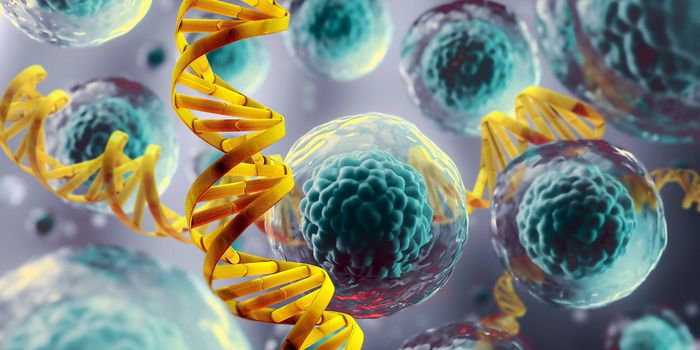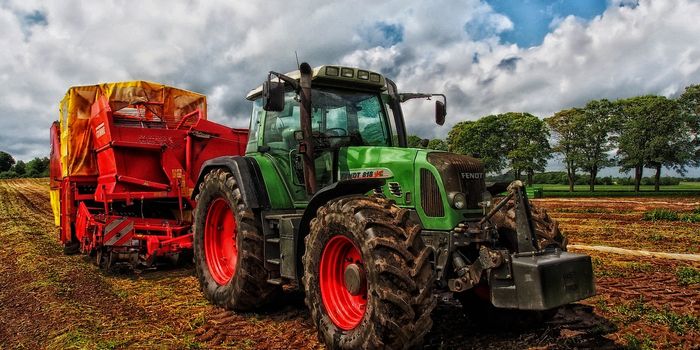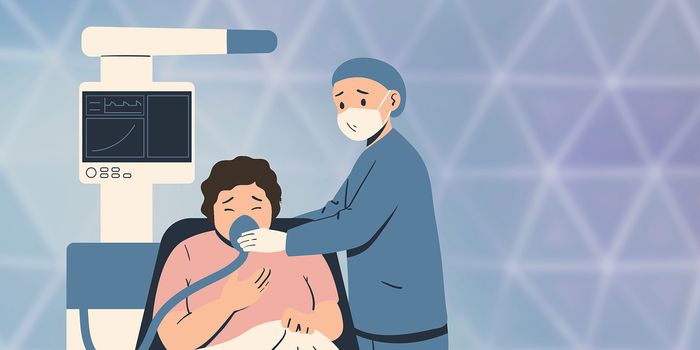Variants May Predict Which Young People Are at Risk for Severe COVID-19
While people carry mostly the same genes, there are many small changes in the sequences of those genes, and small variations throughout the genome that can add up to have huge biological effects. Since the beginning of the pandemic, researchers have been trying to determine why some people experience more severe COVID-19 cases than others. There may be many reasons, such as pre-existing health conditions, or age. But genetics may help explain why some young, healthy people end up with serious health problems when most other young people do not.
Some studies have suggested that remnants of the Neanderthal genome that are still carried by some modern humans have an influence on the severity of COVID-19 if a person gets infected.
Scientists have been searching massive genetic databases, like those maintained by the commercial genetic sequencing company 23AndMe, to identify specific gene variants that play a role in the seriousness of a COVID-19 case.
Now reporting in Frontiers in Immunology, researchers have suggested that variants in a gene called TLR7 impact COVID-19 cases. TLR7 is a gene that encodes for an immune receptor called toll-like receptor 7, which is thought to be involved in some aspects of the immune defense against RNA viruses, which includes COVID-19. Earlier studies have linked mutations in TLR7 to severe COVID-19 cases, one was a case study, and another investigated the genetics of COVID-19 patients in Italy who were over the age of 60.
In the latest research, the genomes of fourteen otherwise healthy men under age 50 that had severe COVID-19 were investigated. In two of these patients, the researchers found mutations in TLR7 that had not been previously identified. Further work showed that two young relatives of one of these TLR7 mutation carriers also carried the same mutation.
“As far as we know, these family members had not yet been exposed to the coronavirus. We therefore decided to vaccinate them preventively, in order to greatly reduce the risk of serious illness from COVID-19," explained study co-author and geneticist Alexander Hoischen of Radboud University Medical Center. Hoischen noted that though the study is small, it suggested that TLR7 screening could help identify young COVID-19 patients that will need additional treatment.
A large study done by Regeneron that included over half a million people has recently reported that they did not find variants in protein-coding genes that could predict whether or not a case of COVID-19 would be severe. However, that research did find that genetic variations in a pathway called type I/III interferon (IFN) were associated with changes in COVID-19 severity. This pathway can include TLR7.
Sources: AAAS/Eurekalert! via Radboud University Medical Center, Frontiers in Immunology










